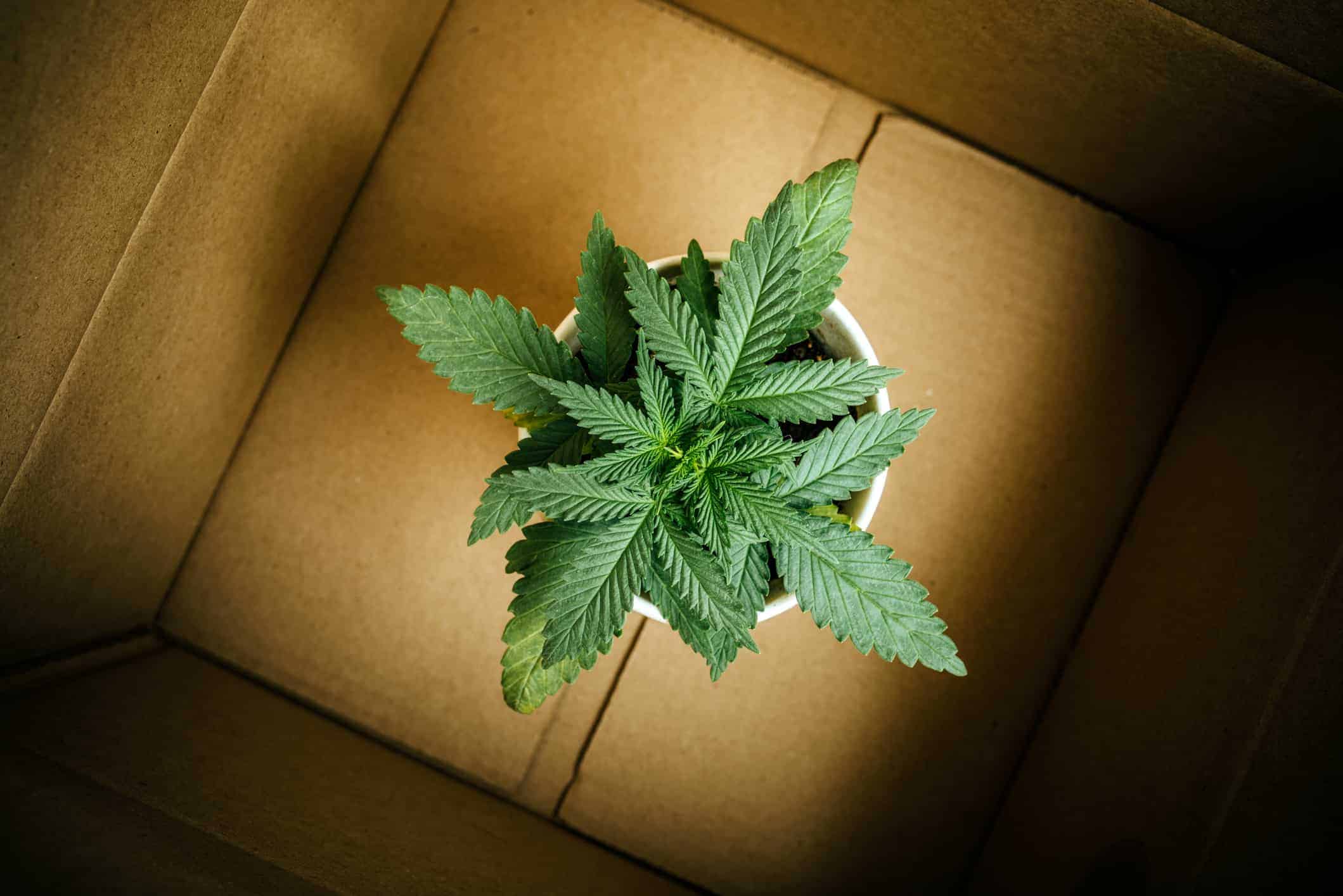How to Abide to Cannabis Advertising Guidelines

The cannabis space is highly regulated in all areas, from production and sales to advertising. The good news is once you have a thorough understanding of the regulations, it’s quite simple to ensure you always stay in compliance. Keep reading for an overview of cannabis marketing guidelines and best practices.
Cannabis Advertising on Billboards
Billboard cannabis ads are allowed under certain circumstances, largely depending on the legal status of marijuana in the city/state/municipality where the billboard will be displayed. You will likely have to provide your license when you request a billboard, and the billboard company will probably have a say over the design and vocabulary of the cannabis billboard. It’s important to check with your local government to ensure that any advertising you place is legal and up to code.
Google Ads
Google Ads for cannabis products are not allowed. That’s because Google abides by federal law — under which cannabis remains illegal, as does the promotion of cannabis. There is one common and straightforward workaround to the Google Ads law. Cannabis and related terms are forbidden, but terms associated with hemp can be advertised. So, you can include any terms related to hemp, hemp oil, and hemp extract to advertise your products with Google Ads. Keyword Planning Tools can help ensure that a banned term doesn’t sneak by you in your ad copy. We also recommend consulting with a marketing professional and legal expert to ensure you remain compliant and in the good graces of Google.
Social Media Ads
Social media ads for cannabis are not allowed because all social media marketing platforms are governed by federal law — yes, that includes Facebook, Instagram, LinkedIn, and Twitter. As mentioned, marijuana is illegal at the federal level, so all forms of social media paid cannabis advertising is considered a violation of federal social advertising policies and could land you in extremely hot water with the feds and Google. If you’re selling tangential products (like education, for example), keeping key terms and visuals out of your copy and images can help you remain compliant.
TV Spots
TV cannabis advertising is allowed under certain circumstances. This medium has similar rules to cannabis advertising on billboards and depends on what state you live in and local ordinances and audiences. Stay away from images of marijuana plants and other cannabis and paraphernalia imagery. It’s also important to consider whether pushing the boundaries with a TV ad is worth the chance of making a mistake in the process and having your license taken away.
Best Practices for Cannabis Industry Advertising
If you are going to take the leap into cannabis advertising, here are some best practices to follow:
- Stay away from suggestions of health or medical benefits.
- Don’t include any elements that might appeal to kids, like cartoon characters.
- Avoid false or misleading statements.
- Avoid testimonials and endorsements.
- Do not show cannabis consumption in the ad.
- Do not show pricing, potency, or promotional offers in the ad.
- Ads for products that are infused must state “For Adult Use Only.”
- Focus on Keywords and SEO Optimization.
- Utilize sign-up to text marketing to grow your audience reach and customer base.
- Write guest posts on industry blogs and websites.
- Grow a strong presence on social media.
- Call in the marketing and advertising pros.
When in doubt, working with a professional marketing and advertising team is an excellent investment. Our expert team is well-versed in best practices, laws, and staying in compliance when it comes to cannabis advertising. Contact us today, and let’s get started on your campaign!
**The information provided in this article does not, and is not intended to, constitute legal advice; instead, all information, content, and materials available on this site are for general informational purposes only. Information on this website may not constitute the most up-to-date legal or other information.





